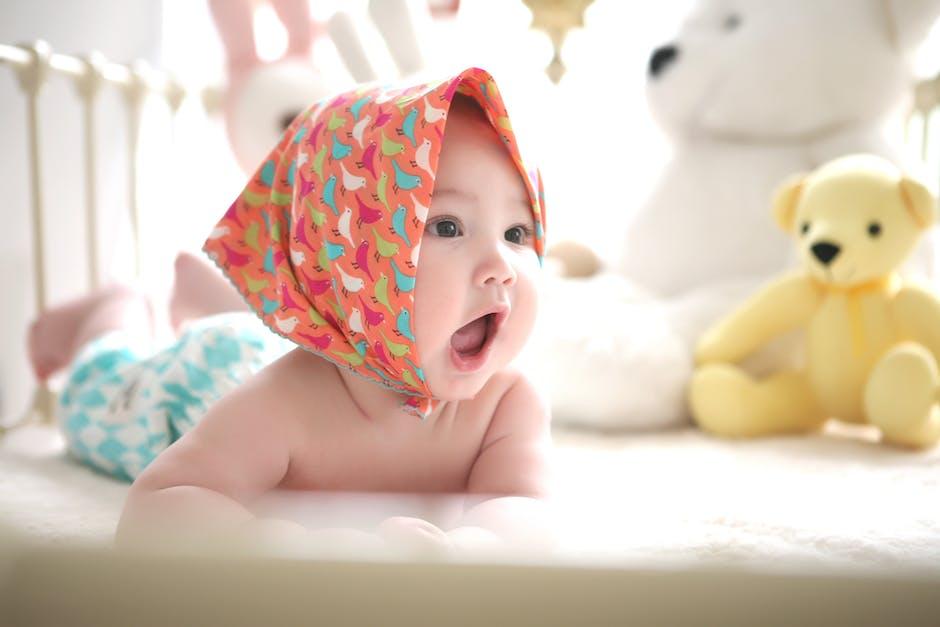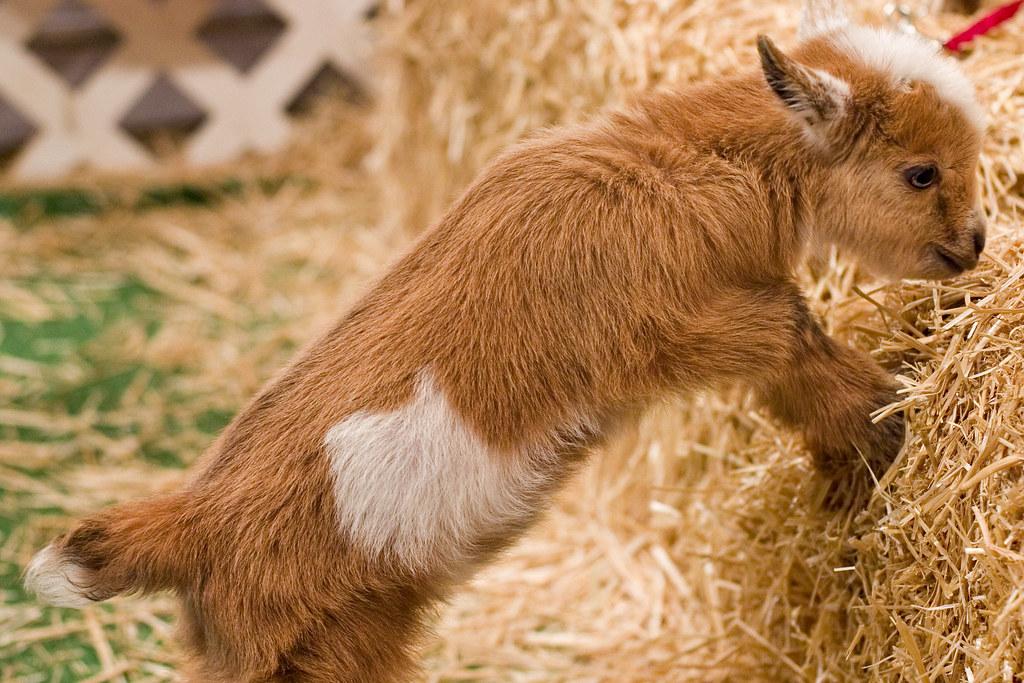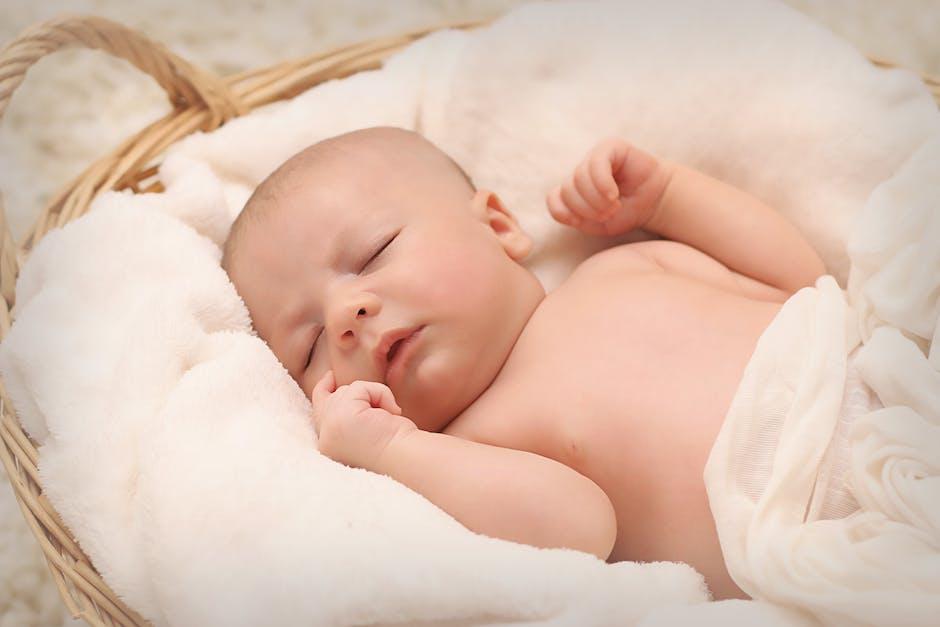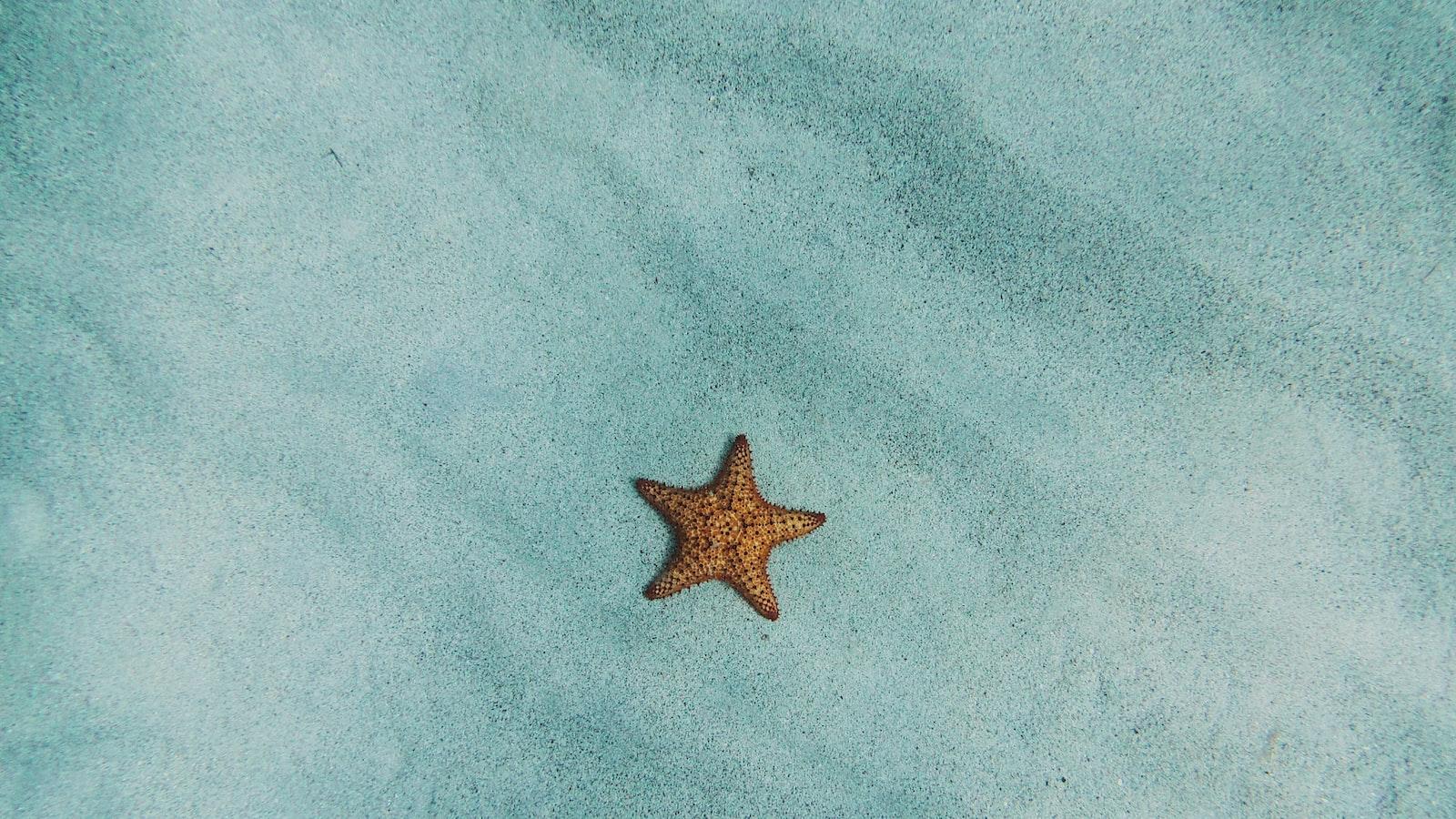As a parent, it can be difficult to tell whether your baby needs glasses. Many parents may not even consider the possibility that their baby might need vision correction until they’ve noticed some signs or symptoms. This is why it’s important to know the warning signs and know when to seek a professional opinion. By understanding the early indicators of vision problems in babies, you can ensure that your child receives the right treatment as soon as possible.If your baby has trouble seeing things that are far away, or if they squint or close one eye when looking at things, these can be signs that they need glasses. Other signs to look out for include constantly rubbing their eyes, tilting their head to one side when looking at something, excessive blinking, frowning and straining their eyes. If your baby experiences any of these symptoms, it is important to take them to an optometrist for an eye exam.
How to Test Your Baby’s Vision
As a parent, you want to make sure that your baby’s vision is developing properly. Testing your baby’s vision can help you detect any problems early on and seek the appropriate treatment. Here are some tips on how to test your baby’s vision:
The first step in testing your baby’s vision is to do an eye exam. You can do this at home or take them to their pediatrician for a professional examination. During the eye exam, the doctor will look for signs of refractive errors, such as nearsightedness or farsightedness, as well as conditions such as astigmatism or cataracts. They will also check for any signs of eye infections or injuries.
In addition to an eye exam, there are other ways to check your baby’s vision. You can observe their eyes when they look at objects, such as toys or pictures. If they appear unable to focus on the object or do not track it with both eyes, it could be a sign of vision impairment. Another sign that there may be a problem with their eyesight is if they squint when looking at something far away.
You can also use flash cards and books with large pictures that have simple shapes and colors to assess your child’s ability to focus and recognize objects. If they have difficulty recognizing the shapes and colors, it could indicate a potential problem with their vision development.
Finally, it is important to watch out for any signs of strabismus, which is when one eye looks in one direction while the other looks in another direction. This can cause amblyopia (lazy eye) if left untreated. If you notice any signs of strabismus in your baby’s eyes, it is important to have them evaluated by a doctor right away so that treatment options can be discussed.
By following these tips, you can ensure that your baby’s vision is developing properly and quickly detect any potential problems early on so that they can get the necessary care and treatment they need for optimal vision development.
Risks of Not Treating Poor Eyesight in Infants
Poor eyesight in infants can have serious consequences if it is not treated promptly and adequately. Without early detection and treatment, infants can suffer from long-term vision problems, including nearsightedness, farsightedness, astigmatism, strabismus (crossed eyes), and amblyopia (lazy eye). If left untreated, these conditions can cause permanent vision loss or even blindness. Infants with poor eyesight may also experience difficulty with their overall development, including motor skills, language development, socialization, and learning.
Poor eyesight can lead to a number of other health problems as well. Infants who are not able to properly focus on objects or recognize faces may struggle with feeding and have trouble sleeping. They may also be more prone to falls or accidents due to their limited vision.
In addition to the physical risks associated with poor eyesight in infants, there are emotional risks as well. Infants who cannot see clearly may become frustrated or anxious as they try to make sense of their environment. This can lead to social isolation and difficulty forming emotional attachments with caregivers.
It is important for parents to recognize the signs of poor eyesight in infants and seek prompt medical attention if needed. Early detection and intervention are key for ensuring that infants receive the care they need for optimal vision development and overall health.
Size
When choosing glasses for your baby, size is an important factor to consider. It’s important to make sure the glasses are the right size for their head and face. The best way to find the right size is to bring your baby to an optometrist who can measure them and recommend frames that will fit properly. It’s also important to ensure that the glasses don’t slip down when your baby moves their head or looks up and down.
Style
The style of glasses you choose is also important. If your baby has a particular style they like, it’s worth considering this when selecting frames. For example, if they prefer round frames or square frames, this can be taken into account when choosing a pair of glasses for them. Also, many glasses come in bright colors and fun designs that may appeal to your child.
Durability
Durability is another factor to consider when choosing glasses for your baby. Babies can be rough on their eyewear so it’s important to choose a frame that is strong and durable enough to withstand everyday use. Many frames are made from sturdy materials such as metal or plastic which are designed specifically for durability and longevity.
Cost
Cost is also an important factor when selecting a pair of glasses for your baby. Glasses can be expensive so it’s worth shopping around for the best deal before making a purchase. Many optometrists offer discounted rates on children’s eyewear so it’s worth asking about these discounts if you are looking for a more affordable option.
Overall, there are many factors to consider when choosing glasses for your baby. Size, style, durability and cost are all important factors that should be taken into account when selecting the perfect pair of eyewear for your little one.
Why It’s Important to Find the Best Eye Doctor for Your Child
Eye care is important for all ages, but especially for children. If your child has any vision issues, they need to see an eye doctor that can help them. An eye doctor can diagnose any vision problems and provide the necessary treatment plan. Finding the best eye doctor for your child can be a challenge, but it is important to make sure they get the best care possible.
Understand Your Insurance Plan
The first step in finding the best eye doctor for your child is understanding your insurance plan. Contact your insurance provider to get a list of covered providers in your area and determine if they accept new patients. This will give you an idea of what doctors are available and what costs you will have to cover out-of-pocket if needed.
Research Eye Doctors Near You
Once you know which doctors are covered by your insurance, it’s time to start researching them. Look for reviews online from other parents who have taken their children to those doctors and see what they have to say about their experience. Read up on each doctor’s credentials and specialties so you can choose one that fits all of your needs.
Schedule a Consultation Visit
Once you have narrowed down your choices, it’s time to schedule a consultation visit with each of them. During this visit, take note of how friendly and knowledgeable the staff is as well as how comfortable they make you feel. Ask questions about their experience with pediatric patients and if there are any special services or treatments that they offer that would benefit your child specifically.
Trust Your Instincts
Finally, trust your instincts when deciding on an eye doctor for your child. You know better than anyone else what kind of care they need and what type of atmosphere will make them feel most comfortable during their visits. Once you find an eye doctor that meets all of these criteria, you can rest assured knowing that your child is in good hands!
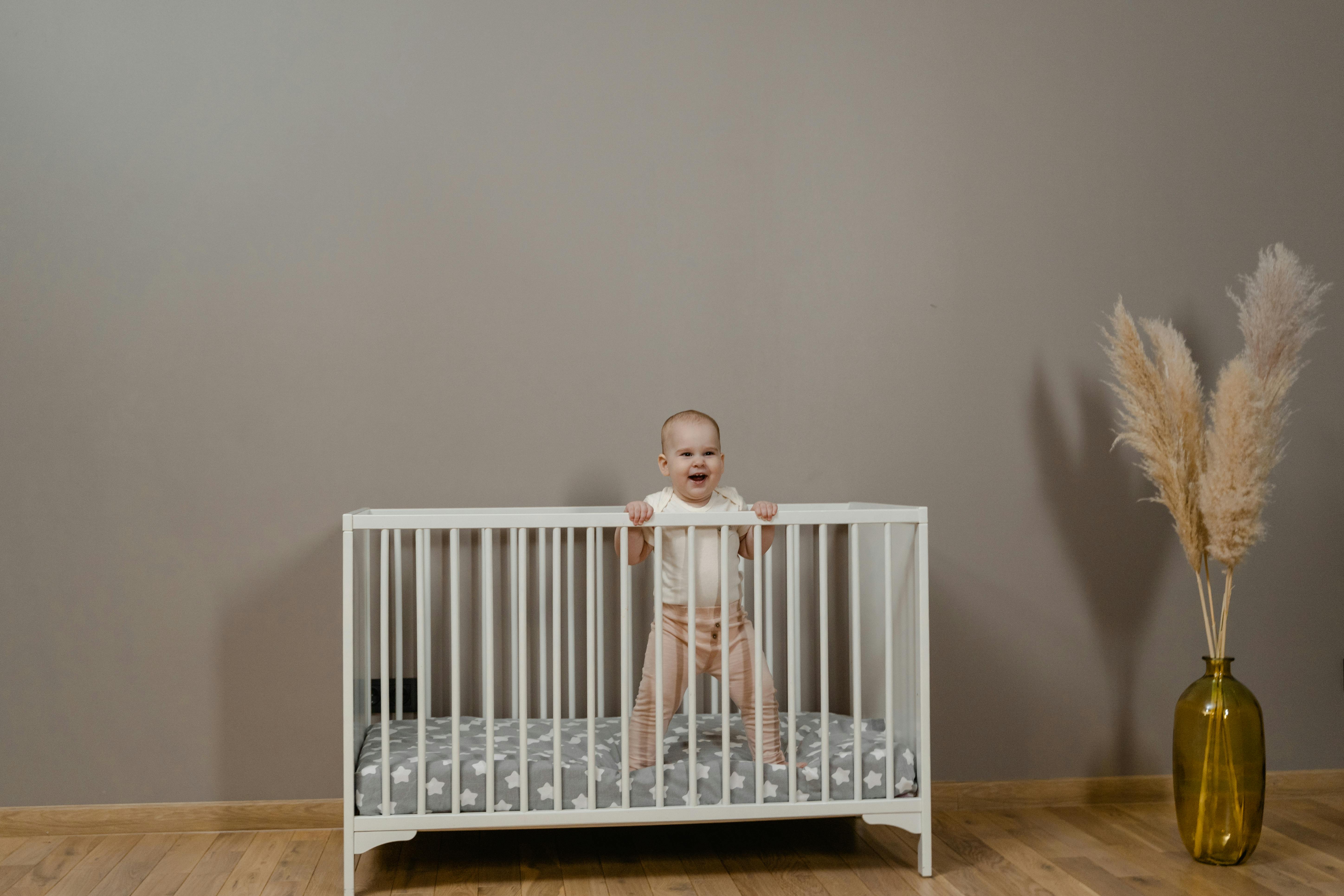
Conclusion
Most parents are not aware that their infant or toddler may need glasses. It is important to remember that if your baby has any of the symptoms listed above, it is worth having them seen by an eye doctor. Signs of vision problems can be subtle, and can be easily missed without a comprehensive eye exam. Early detection and treatment of vision problems can help to ensure the best possible vision for your baby.
It is important to remember that babies and toddlers grow rapidly, and their visual system develops rapidly as well. It is important to have your child’s eyes checked regularly so any changes in their vision can be detected early on.
If you do discover that your baby needs glasses, there are many different options available to help them see clearly. With the right care, your child will be able to see more clearly in no time!

